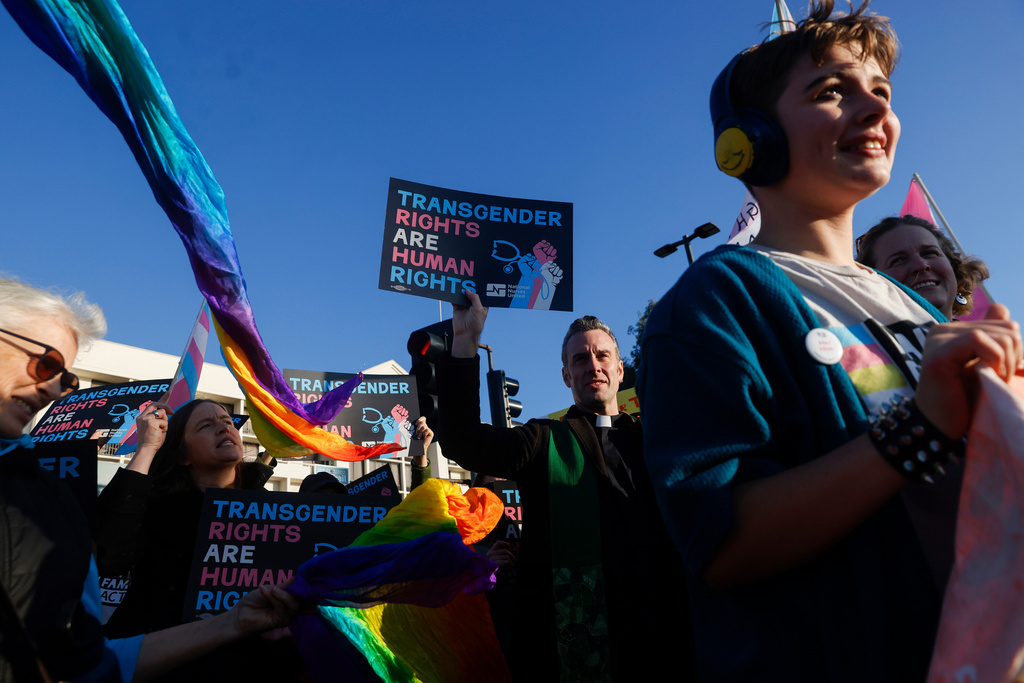Google's looking to curb access to pirated material on its platform ... at a price.
In Google's latest report on how it's fighting piracy, the company said it's working to better promote content producers by featuring their ads more prominently.
So if you search for a movie to watch, it'll appear in a convenient little box under the search bar, showing you where you can legally buy the movie. But if you scroll down, illegal streaming sites will still appear.
The catch is to appear in those boxes, companies will have to pay because they are technically advertisements.
And they're not crazy about that. As a representative for a major British trade association told the BBC, "There should be no cost when it comes to serving consumers with results for legal services."
And Google's been pressed to do more about piracy in the past — just listen to "Walking Dead" executive producer Gale Anne Hurd.
HURD VIA THE GUARDIAN: "Search engines should be able to filter out pirated websites. ... Netflix searched for 'House of Cards'; Netflix wasn't even one of the top 50 results on Google."
That interview was from June — do a search now and you'll find that Netflix is prominently featured on the first page of results.
As The Guardian points out, Google promised to better fight piracy back in 2012, but that "has since proved controversial, with music and movie industry bodies regularly claiming Google did not follow through on that promise."
And Google has moved against anti-piracy measures before, blacking out its website — alongside Wikipedia — to protest the Stop Online Piracy Act in 2012. Google argued the act went too far and bordered on censorship. (Video via KTVU)
Still, Google says its approach — making legal sources easier to access — will prove more effective in the long run than filtering out illegal sites. The changes so far only apply in the U.S, and Google hasn't publicly responded to complaints over paying for prominence.









